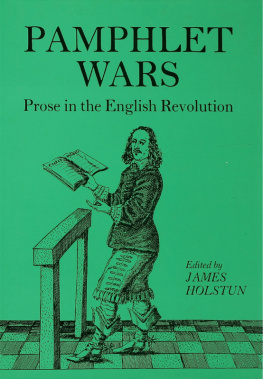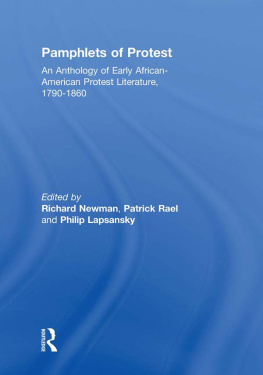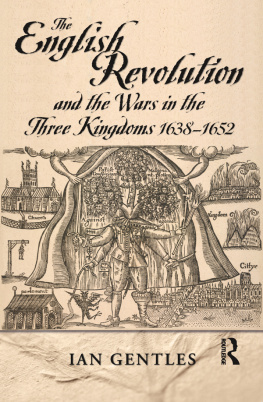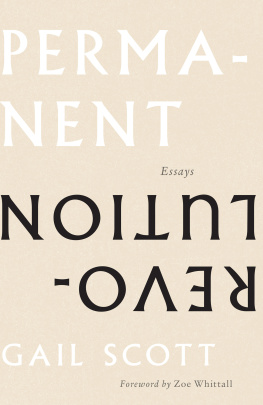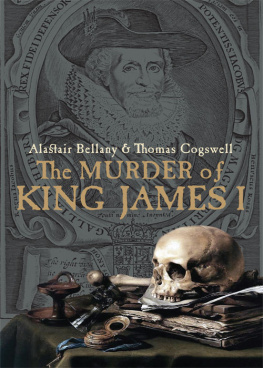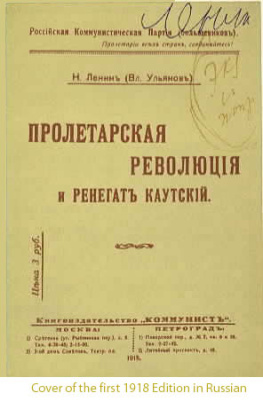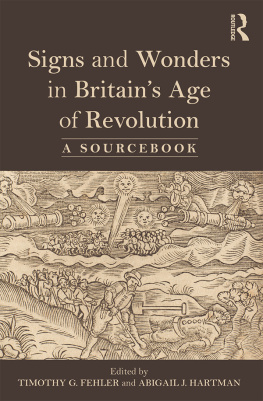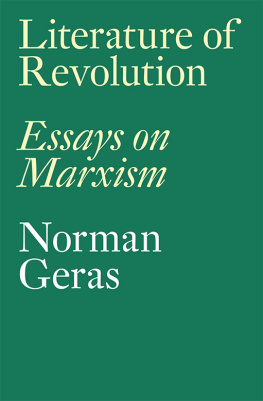PAMPHLET WARS
PAMPHLET WARS
Prose in the
English Revolution
Edited by
JAMES HOLSTUN
State University of New York, Buffalo
First published in 1992 in Great Britain by
FRANK CASS & CO. LTD.
Gainsborough House, Gainsborough Road.
London E11 1RS, England
and in the United States of America by
FRANK CASS
c/o International Specialized Book Services, Inc.
5602 N.E. Hassalo Street, Portland. Oregon 97213
Copyright 1992 Frank Cass & Co. Ltd.
British Library Cataloguing in Publication Data
Pamphlet wars: prose in the English Revolution.
I. Holstun, James
828.40809372
ISBN 0 7146 3458 1
Library of Congress Cataloging-in-Publication Data
Pamphlet wars: prose in the English Revolution/edited by James Holstun
p. cm.
ISBN 0714634581
ISBN 9781134728497 (epub)
1. English prose literatureEarly modern, 15001700History and criticism. 2. Great BritainHistoryPuritan Revolution, 16421660Literature and the revolution. 3. Great BritainHistoryPuritan Revolution, 16421660Pamphlets. 4. Revolutionary literature, EnglishHistory and criticism. 5. Politics and literatureEnglandHistory 17th century. 6. Puritans in literature. I. Holstun, James.
PR769.P36 1992
This group of studies first appeared in a special issue on Pamphlet Wars: Prose in the English Revolution of Prose Studies, Vol. 14, No. 3, published by Frank Cass & Co. Ltd.
All rights reserved. No part of this publication may be reproduced in any form or by any means, electronic, mechanical, photocopying, recording or otherwise, without the prior permission of Frank Cass and Company Limited.
Printed in Great Britain by Antony Rowe Ltd.
For Olivier Lutaud
Contents
Notes on Contributors
Sharon Achinstein is Assistant Professor of English at Northwestern University. She has written articles on Bacon, Milton, and popular literature of the Renaissance and is currently working on a book on the idea of the public in the English Revolution.
Joan E. Hartman is Professor of English at the College of Staten Island, City University of New York. She has written on Clarendon, Milton, womens studies and professional issues, and is secretary-treasurer of the (New York) Society for the Study of Women in the Renaissance. She is an editor of The Norton Reader and has also edited (with Ellen Messer-Davidow) three collections of essays: Women in Print I and II (1982) and (En)Gendering Knowledge: Feminists in Academe (1991).
James Holstun is a graduate of the University of California at Irvine and Associate Professor of English at SUNY Buffalo. He is the author of A Rational Millennium: Puritan Utopias of Seventeenth-Century England and America (1987) and is now at work on a study of tyrannicide and sectarianism in the seventeenth century and socialist humanism in the twentieth.
Peter J. Kitson has lectured in English at Edge Hill College of Higher Education and the University of Exeter. He now teaches at the University of Wales, Bangor. He has published articles in Prose Studies, The Yearbook of English Studies, and The Wordsworth Circle, and is the editor of Romantic Criticism 180025 and (with T.N. Corns) Coleridge and the Armoury of the Human Mind: Essays on His Prose Writings. He is currently working on a study of religious radicalism from Milton to Coleridge.
Ann Marie McEntee holds a Ph.D. in Theatre from UCLA, where she has guest lectured. She currently teaches at Antioch University, Los Angeles, and the Stella Adler Conservatory for Acting.
Byron Nelson is Associate Professor of English at West Virginia University. His main research interests are the Ranters, opera, and modern drama; he is at work on a book on the Ranters.
Keith Stavely is a librarian and independent scholar. He is the author of The Politics of Miltons Prose Style (1975) and Puritan Legacies: Paradise Lost and the New England Tradition, 16301890 (1987).
Rachel Trubowitz is an Assistant Professor of English at the University of New Hampshire. Her main research interests are in the construction of gender and the interplay between competing utopian paradigms in seventeenth-century England.
Susan Wiseman teaches English and American Literature at the University of Kent at Canterbury.
Introduction
JAMES HOLSTUN
Our focus, then, is upon high culture and principally upon poetry, not because they embrace all our concerns but because here the most innovative work is currently in progress which may elucidate those broader concerns.
Kevin Sharpe and Steven N. Zwicker,
Introduction to Politics of Discourse: The Literature
and History of Seventeenth-Century England (1987)
The Cavaliers are foes, stand up now, stand up now,
The Cavaliers are foes, stand up now;
The Cavaliers are foes, themselves they do disclose
By verses, not in prose, to please the singing boys.
Stand up now, Diggers all!
Gerrard Winstanley, A Digger Song (1649)
Winstanleys song is amusingly paradoxical. Certainly, the Cavaliers were not reluctant to disclose themselves in prose as well as verse. And their radical opponents (including Milton, Wither and, here, Winstanley himself) availed themselves of verse. But for the most part, the pamphlet wars of 164060 were prose wars. With the de facto breakdown of censorship, the period saw a staggering output of more than 20,000 books, pamphlets, broadsides and newspapers: sermons and scriptural commentaries mixed with satires and fictions, political theory and manifestos a polyglot Babel of print (at least from a conservative perspective, as Sharon Achinstein shows below), and almost all of it prose.
The period from 1640 to 1660 has always been one of the most contested eras of English social and political history and, if anything, it now looms larger than ever despite and even because of revisionist attacks on the very idea of an English Revolution, and an emerging counterattack.

